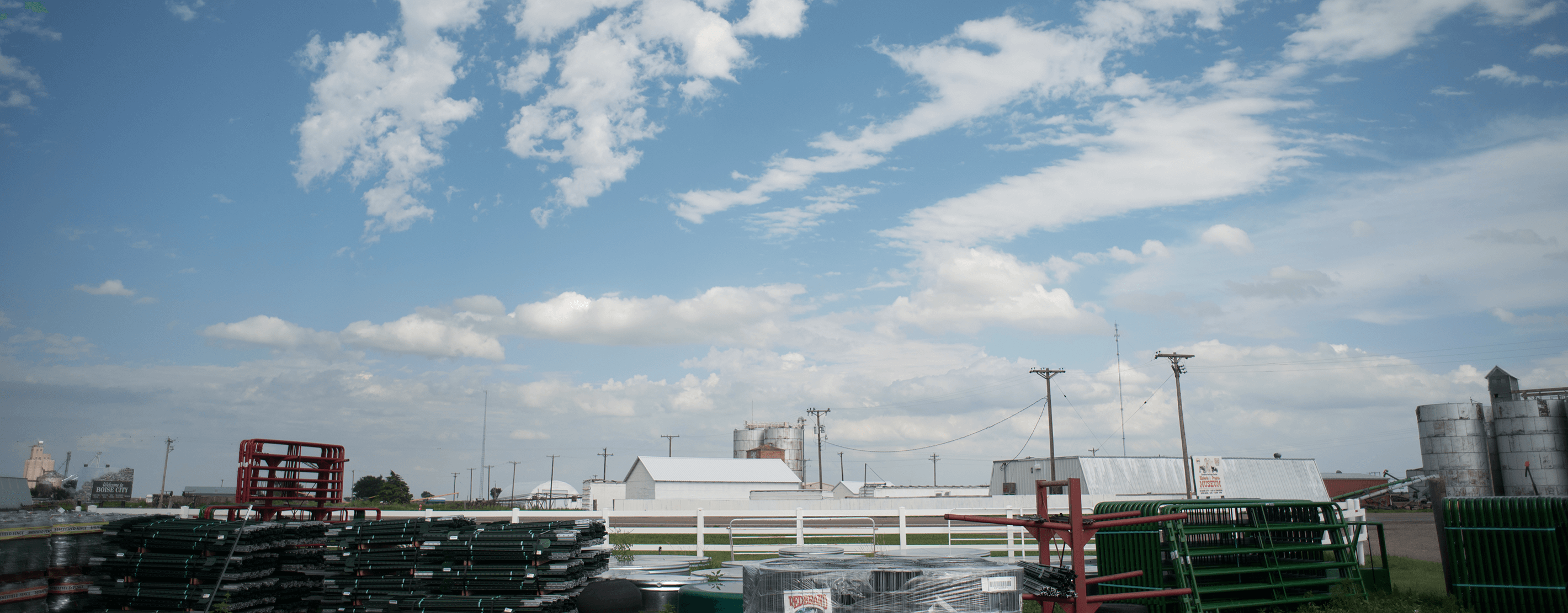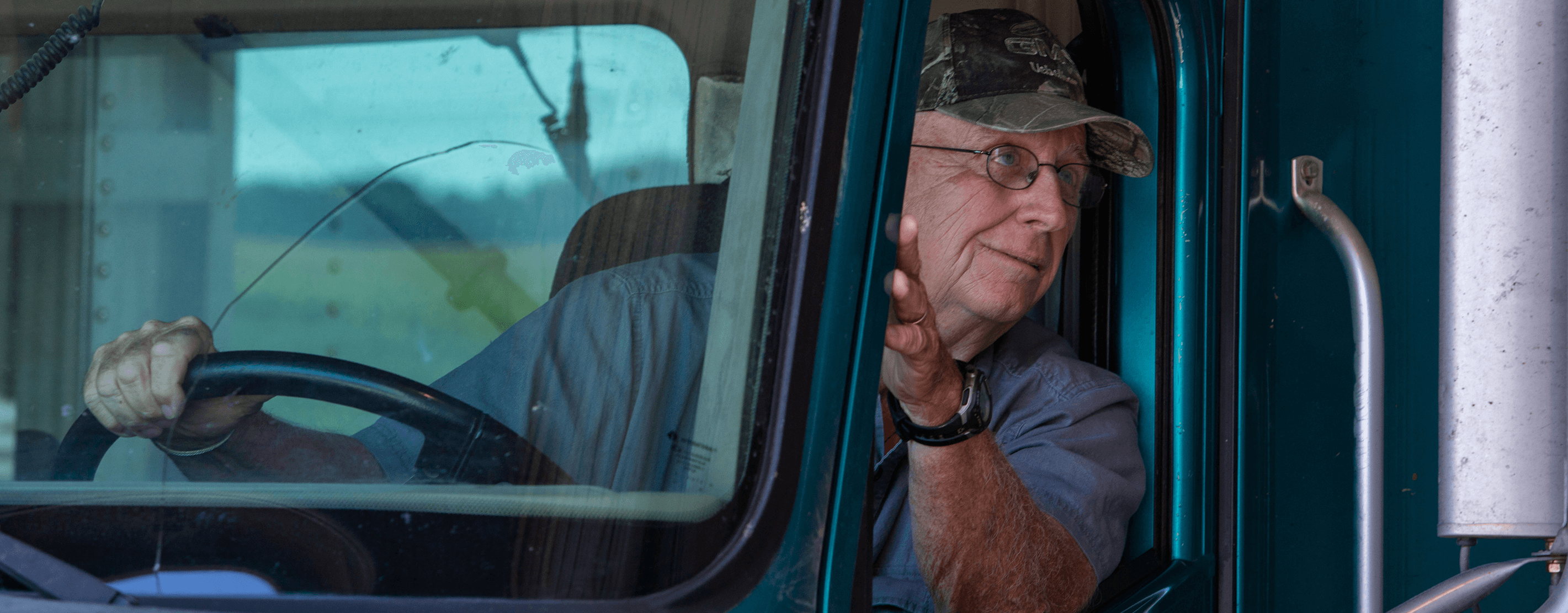.jpg?ext=.jpg)
In rural America, what you do matters
The ability to enact deeply held values -- and have impact -- anchors many in rural places
When Benya Kraus mentioned she was moving to Waseca after college, a friend asked, “Oh no, who died?” But for Kraus it was choice, not calamity, that brought her back to the Minnesota town of 9,000 where she spent so much of her youth.
Her friend’s shock was likely due to the deviation from the trajectory Kraus seemed to be on—one likely to land her a lucrative global career. Born in Bangkok to a Thai mother and American father, her childhood was spent in cities where her dad filled public health posts: Hanoi, Geneva, and the New York metro. By 14, she was president of her high school Amnesty International chapter, and in 2018 she graduated summa cum laude from Tufts with a degree in International Relations. Along the way, she co-founded a nationwide nonprofit called Lead For America.
But in her junior year, a family emergency detoured her from a DC internship and back to Waseca, where she’d spent childhood summers, surrounded by 53 cousins. For the first time in 21 years, she started asking questions about the land that has been in the family for six generations.
“Riding alongside my Uncle Paul on the four-wheeler, I heard the backstory of the farm: the history of the land; how great-great-great-aunt Clophia arrived from Switzerland and made her way to Waseca in 1862; the ingenuity and grit it took to hold onto the farm across the decades.
“I sit on the shoulders of generations of people who sacrificed for this place,” she realized. “I’m tied to that legacy, so what is my responsibility to care for it in the ways that my ancestors did?” That’s when she started seeing Waseca as a vibrant place where young people like her might launch their careers.
Kraus’s story defies a typical narrative: that rural people are stuck there — by a lack of opportunity or an absence of vision. When you speak with rural residents, you’ll hear that, more often than not, they choose to be there as an expression of their principles. For them, “rural” isn’t the opposite of urban, but a unique and special world of its own, one where they can bring deeply held values to life and make a tangible difference.
Today an “ethos of civic responsibility” guides Kraus’s work as director of Lead For America’s Minnesota affiliate, an organization that incentivizes new graduates to move home and make a difference through paid public-service fellowships. She’s clear about one of rural America’s superpowers: the fact that everyone knows everyone.
“What’s really great is that there’s local impact I can make in Waseca because the mayor is a phone call away, or I can walk two blocks and chat with the Chamber director,” she says. “The ability to do cool things in small-town America is just so high.”
She recalls hosting a culinary takeover in the building where she lives in downtown Waseca last year. Given access to the kitchen, she and her mom planned a menu of favorites from her family’s Thai side: som tum (papaya salad), gaeng keow wan (green curry), and kao gai yang (roasted chicken and rice). They prepped for 20 guests, but soon learned that RSVPs had topped 200 — a rousing success. “I don't know which place in New York City would let us, for free, rent out a space and use a commercial kitchen to feed neighbors this exciting new cuisine.”
This idea of coming together—although perhaps not around curry—is central to Jeff Troike’s commitment to the communities he lives and works in. A lifelong resident of rural Indiana, he’s the CEO of Ceres Solutions, a 9,000-member cooperative that employs 650 people.
“I’m not trying to take away from big cities,” says Troike, “but here we watch out for each other.” He’s seen the community pull together to help an ill farmer complete his harvest on time, and pitch in to raise financial help for a business owner who’d fallen on difficult times.
It’s also translated to community investment: in fact, in recent years, Ceres has channeled approximately $340,000 into the 35 counties and the two states it serves. Most of this giving, including matches from the Land O’Lakes Foundation, went to groups focused on the future of agriculture, academic scholarships and the stability of rural places: 4-H, FFA and food banks.
"We generate our income from local customers, local members, local businesses,” he says. “We want to give back to those communities that take care of us.”
Larry Holland’s vision likewise seeks local impact. A fifth-generation Black farmer, he raises grass-fed beef, poultry, and goats in Tylertown, Miss. Three decades ago, he bought his land, which his parents largely maintained while he worked in and around New York City for corporations like Pepsi and Scholastic. Then, 17 years ago, he moved to Tylertown full-time, and in 2017 he began transitioning it to regenerative farming. “I decided to run the farm the way my grandparents did.”
He says his return to the farm, just 50 miles from where he was born, has nothing to do with distaste for the city, which he loves. “It's calmer. I don't have traffic jams. I know all of my neighbors, but they're not like right there. I don't have to knock on the wall and say ‘Cut the noise!’” But, perhaps most powerfully, he just loves being out in the field. “Farming is my Zen.”
Recently, Holland began mentoring two farmers who want to get into the cattle business, one Black and one white. “I've learned a lot in the last 30 years and I’m trying to give them the shortcut, not the long way around.” He wants farming to be a viable option for anyone, but knows from experience the systemic barriers to Black farming. “I want to make a path for future Black farmers, in my family and otherwise. If there are kids who want to go into farming, I'd like them to be able to, whether they're black, white, green, orange. But the chances are less likely that a Black kid’s going to be able to pull it off.”
This kind of accountability, to the community and to the future, is key to the appeal of rural living for Kraus. “With the heightened level of responsibility I feel, I’m more connected to humanity in some ways, because I can't be anonymous,” she says. “There’s such joy in the lack of anonymity, because what you do matters and every day you can do something to make your place better.”




Share